The Maharajah of Bhavnagar and his courtiers
In the 1880s, the Maharajah of Bhavnagar, one of the princely states of India, was a key figure in a period of transition as India was still under British colonial rule. Bhavnagar was a significant state in Gujarat, located on the western coast of India, and the Maharajah was considered an important and influential leader in the region.
The Maharajah of Bhavnagar and his courtiers were known for their opulent lifestyle, which included a rich cultural and artistic environment, blending traditional Indian courtly practices with the influence of Western-style governance and education introduced by the British. In the 1880s, Indian rulers of princely states, like the Maharajah of Bhavnagar, often held significant power within their domains, although they were ultimately subjects of the British Empire. They were responsible for maintaining law and order, collecting taxes, and representing British interests, while simultaneously preserving their cultural traditions.
The courtiers in the Maharajah’s court would have included a variety of noblemen, high-ranking officials, military leaders, and scholars. These individuals played an important role in the administration of the state and were often involved in the art of diplomacy, governance, and sometimes even military affairs. The Maharajah's court was a place of splendor, with displays of wealth and patronage of the arts. It was not uncommon for courts during this time to host performances of traditional music, dance, and theater, along with displaying works of art and architecture that were heavily influenced by both Indian and European styles.
During the 1880s, the Maharajah of Bhavnagar was likely to have been part of a growing movement toward modernization and reform, influenced by the British colonial administration as well as the introduction of Western education and technology. Some Maharajahs began to adopt modern European practices, building railways, introducing schools, and improving infrastructure in their states. In Bhavnagar, the Maharajah took an interest in the development of education, the establishment of public works, and the promotion of a thriving cultural scene.
In the 1880s, the Maharajah of Bhavnagar’s relationship with the British was mostly that of a subordinate yet autonomous ruler within the larger framework of British India. While the Maharajah was not directly involved in the political processes of the British Raj, he would have been involved in diplomatic and ceremonial functions with the British representatives. The British would have respected the Maharajah's authority within Bhavnagar, but it was understood that they held ultimate control over India's foreign relations, military matters, and major political decisions.
Overall, the 1880s was a time of cultural fusion and transition for the Maharajah of Bhavnagar and his court. Traditional Indian courtly life mixed with the modernizing influence of British rule, and the Maharajah's role in both preserving heritage and adopting new ideas became increasingly important as India moved toward the eventual end of British rule in the mid-20th century.
Comentarios
Envíado por

OldPik
1 de enero de 2025
Fuente
Enlace externo a la fuente¿Tienes fotos antiguas?
Comparte tus fotografías históricas y ayuda a preservar nuestra memoria colectiva.
Subir fotos

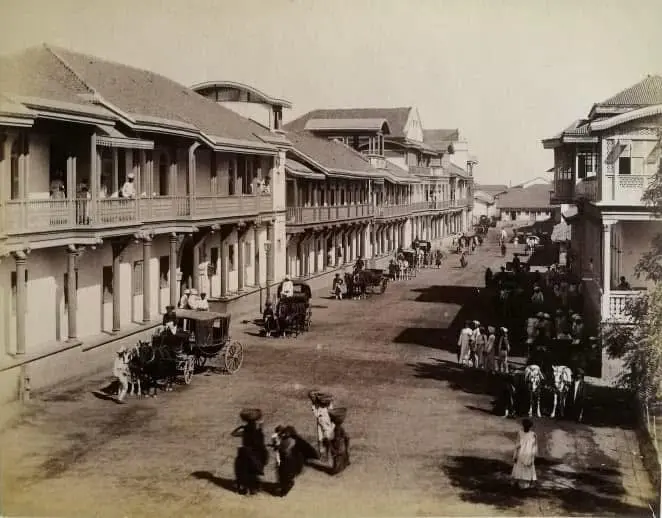
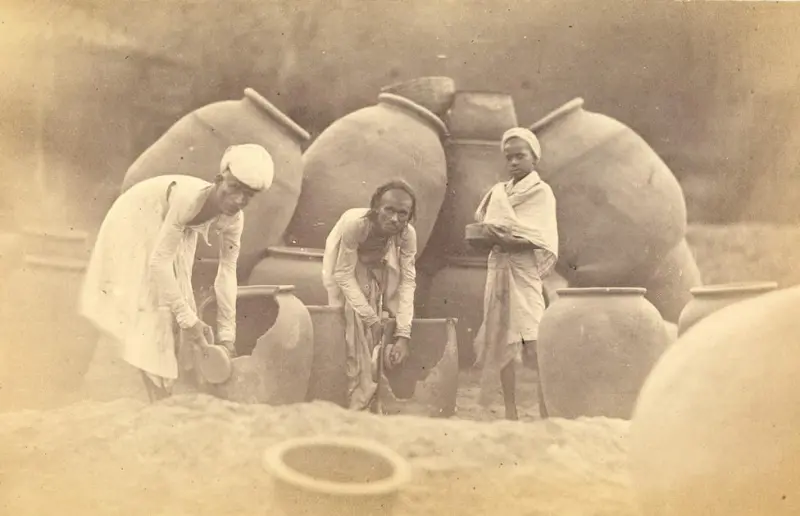
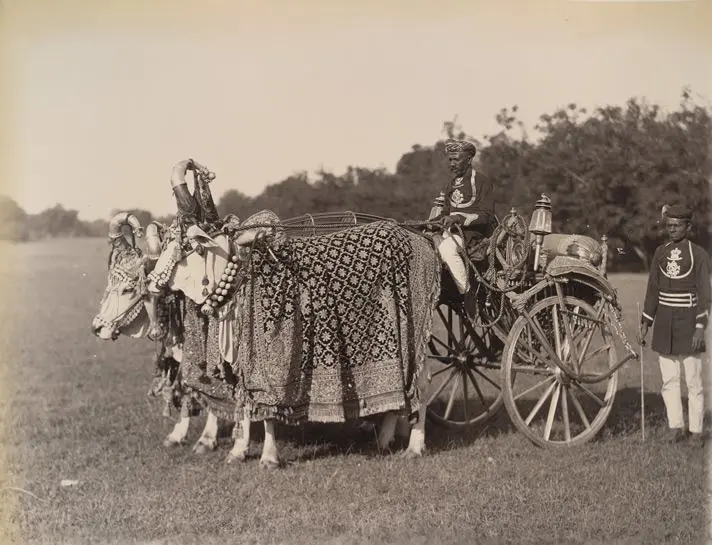
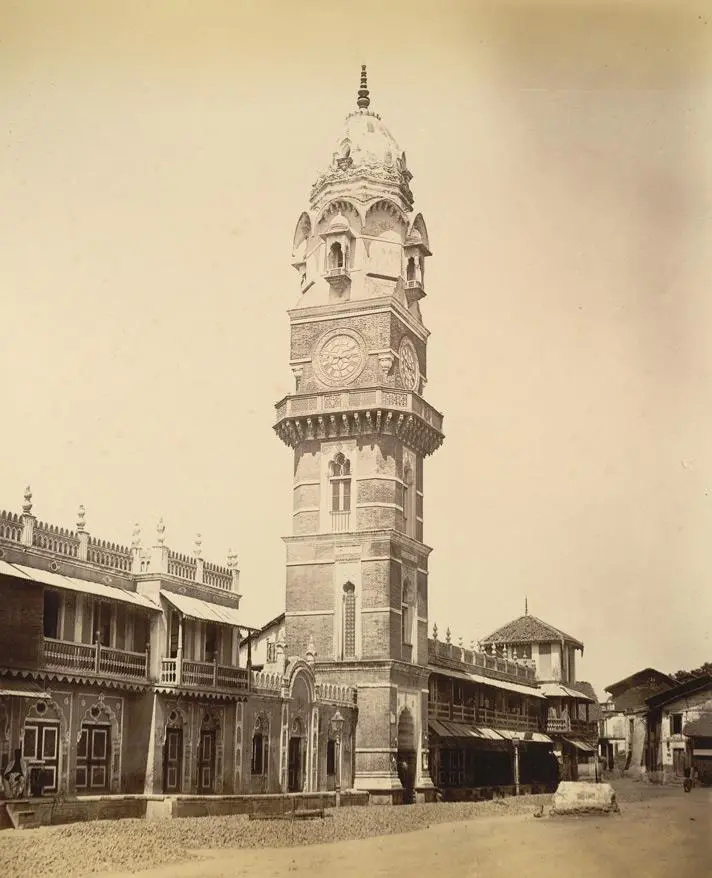
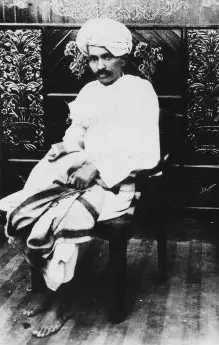
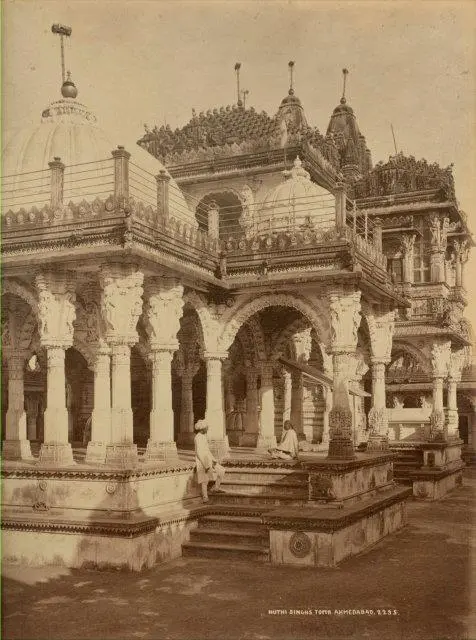
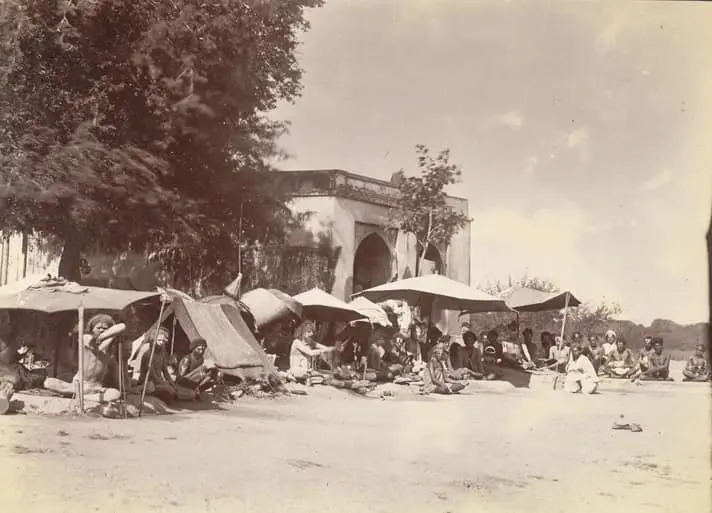
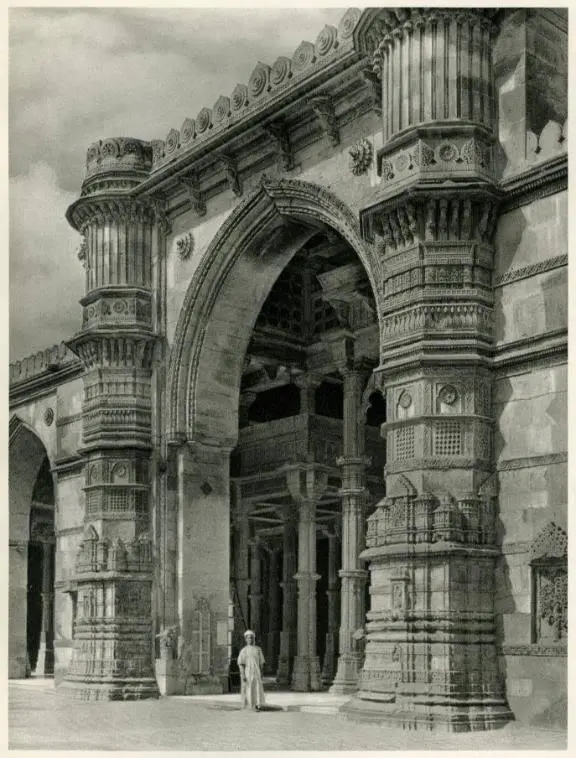
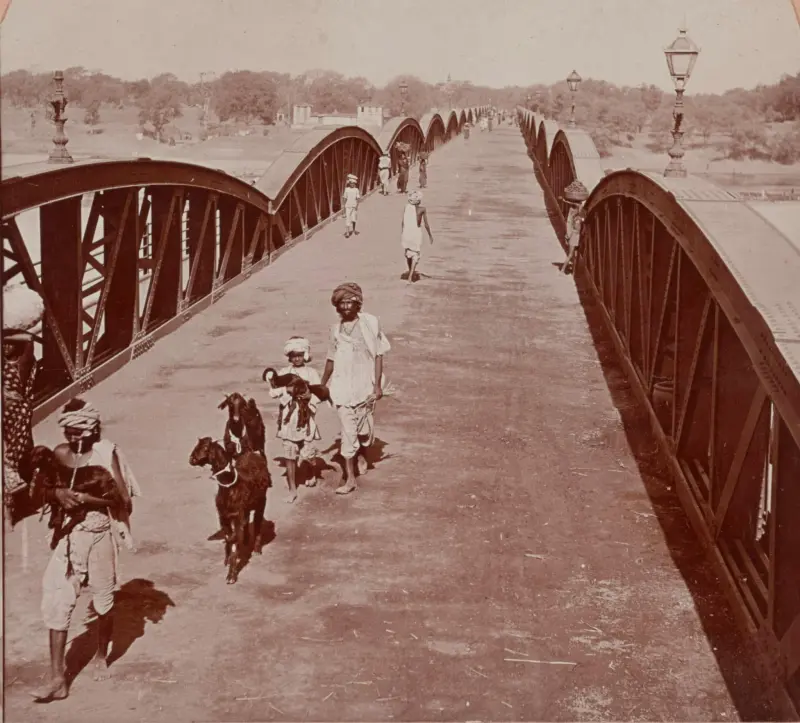
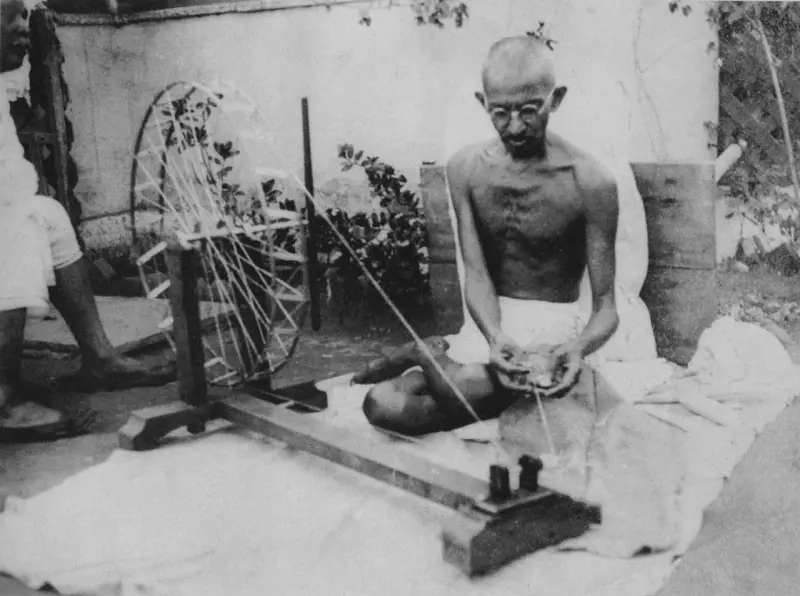
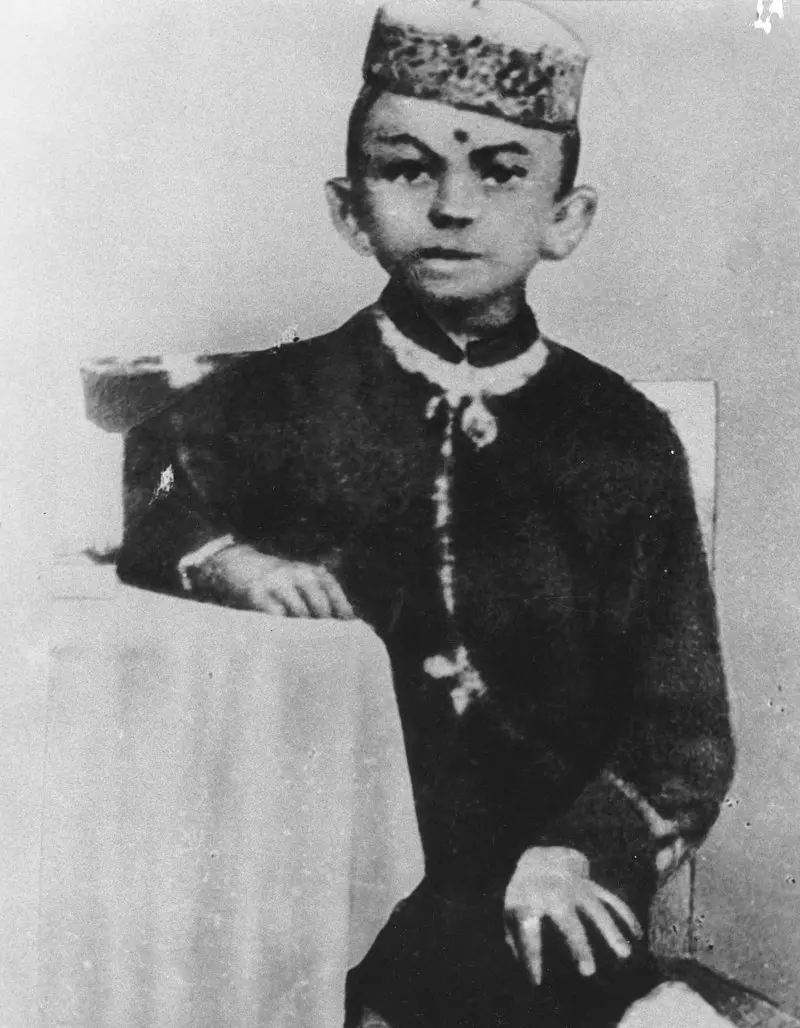
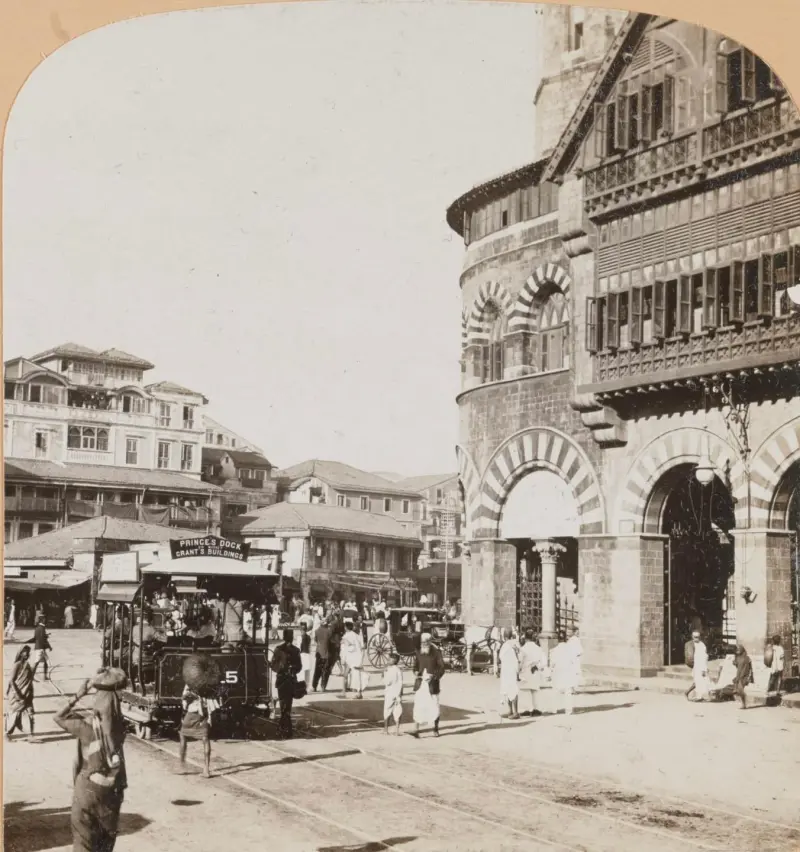
Sin comentarios aún, sé el primero en comentar...